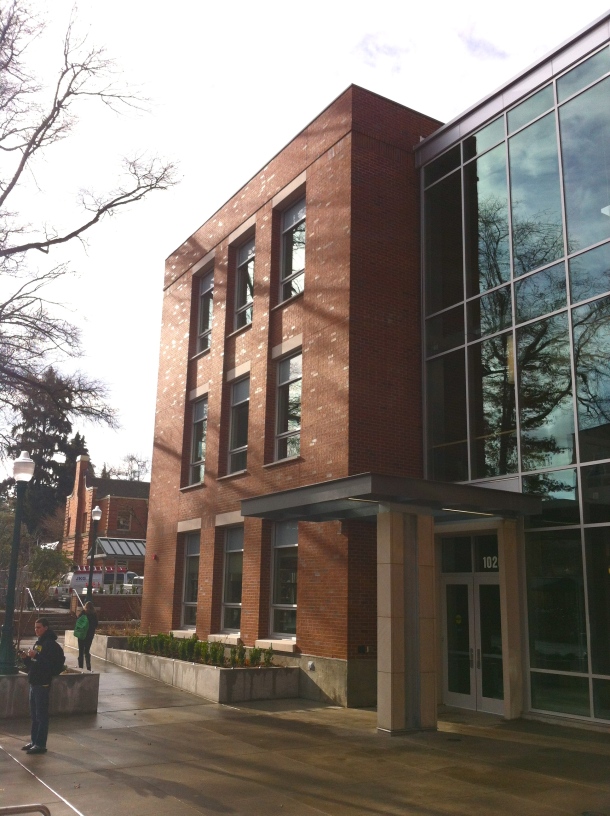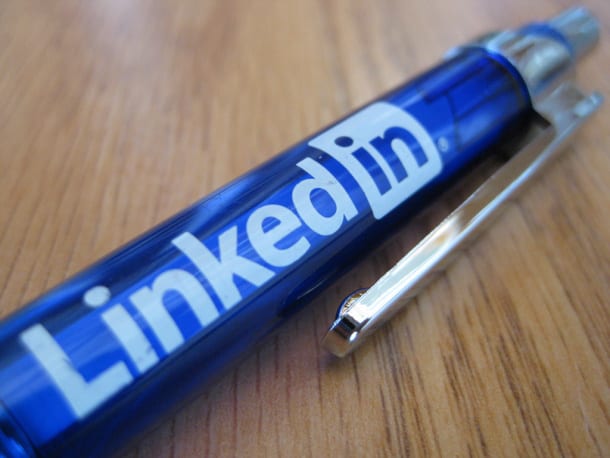A common issue among public relations majors is landing an internship. Although seeking out a public relations internship can be intimidating, especially if you have little to no experience, it is possible. Here are some quick tips to get you started.
- Use job search tools daily. Although checking the career center website every once in a while is a step in the right direction, checking frequently gives you a much better chance of finding the right position for you. Plus, while many internships have deadlines, it never hurts to apply early. If you happen to be right for the job, they may hire you before the deadline has even arrived.
- Think outside of the career center. While the SOJC does a fantastic job providing internship and job opportunities to students, these opportunities tend to be much more competitive because every journalism student has access to them. In addition to checking the career center’s website regularly, check out indeed.com (that is how I found my first internship) or Monster.com. If you are a dues-paying PRSSA member, check out the job and internship database available for PRSSA members! A smaller pool of applicants means better chances of getting hired.
- Reach out to non-profits. Although these are not always the most glamorous jobs, there are so many opportunities to help out organizations that really need assistance. Plus, working at a non-profit is a great way to develop a wide variety of PR-related skills.
- Keep your social media presence clean. This is crucial. You do not want to miss out on a great opportunity because you posted too many photos from Halloween on your social profiles. Be yourself and show that you have interests other than PR, but always air on the side of caution.
- Cross your t’s and dot your i’s. When sending out resumes and cover letters, check for misspellings, typos and formatting issues. Keep cover letters as brief as possible and resumes to one page. If you’re not quite sure how to write a killer cover letter or a stand-out resume, be sure to attend PRSSA’s Winter Workshop series next term — we will have an entire night dedicated to this very subject.
- Do not give up. It is easy to get discouraged when getting turned down, but there are many more opportunities ahead of you. Although you may not have the right experience for a particular job that does not mean that you are not well suited to another position.
With strategic searching and persistence, you will have an internship in no time.
Amelea Renshaw is the 2013-2014 University of Oregon PRSSA operations director. She is currently a junior double majoring in advertising and public relations. You can contact Amelea at amelea@uoregon.edu and follow her on Twitter at @amelearenshaw.















